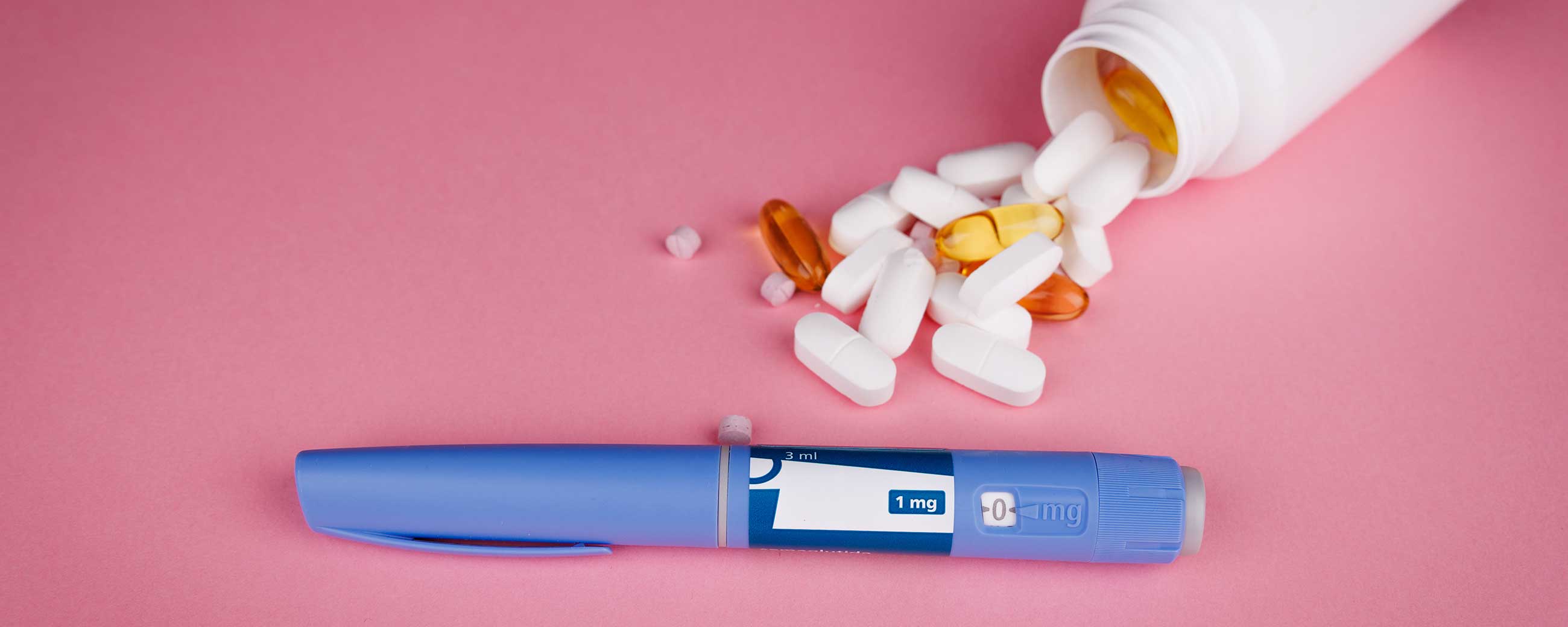
Testosterone and Type 2: Early Signs and Symptoms of Diabetes in Men

And is there a link between erectile dysfunction and diabetes? Here's what to look out for.
Diabetes isn’t entirely gender blind. While anyone can develop insulin resistance, some types of diabetes are more common in one sex over the other. An obvious example is gestational diabetes, which develops during pregnancy. But another example is Type 2 diabetes.
If you’re a man between the ages of 35 and 54, you are more than twice as likely to develop diabetes as a woman of the same age. And while the development of type 2 diabetes is associated with weight gain, inactive lifestyles and diet in both men and women, men develop type 2 diabetes at a much lower average BMI than women.
What all of this means is that if you’re male, you need to be on the lookout for the early signs of diabetes. Virta member Jon describes even being “in denial” about his risk of type 2 diabetes until he got his diagnosis.
What age do men usually get diabetes?
Though it’s starting to develop more frequently in children, teens and young adults, type 2 diabetes is most common in men and women over age 45. And, as we previously mentioned, men between the ages of 35 and 54 are more than twice as likely to be diagnosed with type 2 diabetes. So while men can develop type 2 diabetes at any age, it’s safe to say that men over 35 should be particularly vigilant about any of the early signs of type 2 diabetes in men.
What are the early signs of type 2 diabetes in men?
The early signs of diabetes in men are often the same symptoms women experience. These include:
- Fatigue
- Trouble focusing
- Increased thirst and dry mouth
- Blurred vision
- Poor sleep
- Frequent infections
- Slow-healing sores
- Weight gain
- Increased hunger
- Increased urination
- Frequent urinary infections
If you are experiencing any of these symptoms, you should consult with your health care provider.
What about diabetes and erectile dysfunction?
Time to talk about the elephant in the room: what’s the link between erectile dysfunction and diabetes?
There’s a link. When a man experiences erectile dysfunction (ED), they can no longer have or maintain an erection. This can be caused or exacerbated by diabetes, because high blood sugar may cause damage to the nerves and vessels in the penis.
If you have erectile dysfunction, it’s important to mention it to your health care provider, as it could be a sign of type 2 diabetes. While it may be uncomfortable to talk about it, remember that your doctor is there to help you, not judge you. They’ve heard it all before.
Managing your diabetes can help slow the progression or even reverse ED, but you may need treatment if you have permanent nerve damage. Treatment for erectile dysfunction can include medication, a pump or surgical procedures. Talk to your doctor about what’s right for you.
The Takeaway
If you’re a male over 35, stay vigilant. You’re more likely to develop type 2 diabetes than a woman of your same age, lifestyle, and BMI…and with that diagnosis can come complications like erectile dysfunction. But if you are diagnosed with type 2 diabetes, Virta Health may be able to help. By making healthy lifestyle changes in a medical setting with supportive resources like 1:1 virtual coaching, you can regain control of your health and reverse your diabetes. See if you’re eligible for Virta Health here.
This blog is intended for informational purposes only and is not meant to be a substitute for professional medical advice, diagnosis, or treatment. Always seek the advice of your physician or other qualified health provider with any questions you may have regarding a medical condition or any advice relating to your health. View full disclaimer
Are you living with type 2 diabetes, prediabetes, or unwanted weight?








